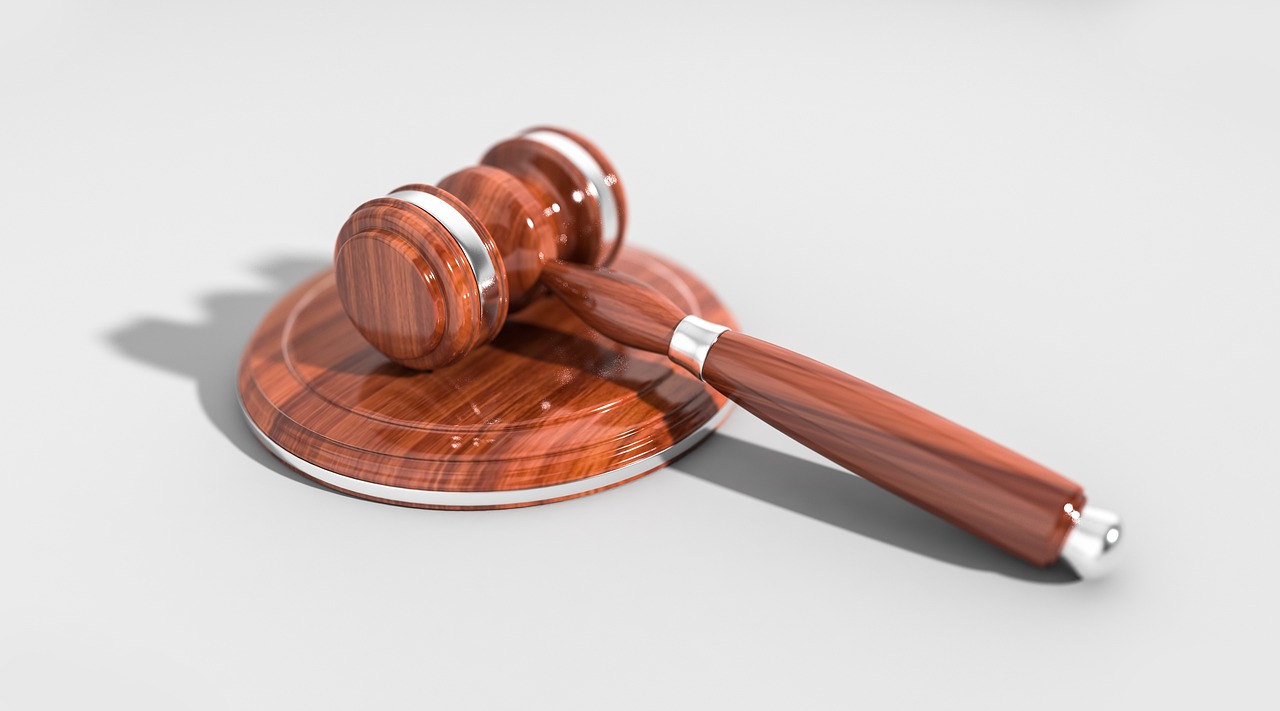Court records are essential components of the justice system, serving as official documentation of legal proceedings and decisions. These records can include transcripts of trials, filings, judgments, and other legal documents. One common question people ask is, “How long do court records last?” The answer varies depending on the type of case, the jurisdiction, and whether the records are physical or digital. Understanding how long these records are kept and who can access them is crucial for legal professionals, researchers, and the general public. Los Angeles court records search is a great example of a court system that makes them easy to find for the public.
Duration of Court Records
The duration for which court records are kept differs across countries, states, and court systems. Generally, most court records are maintained indefinitely, especially if they involve serious matters such as criminal cases or landmark civil decisions. In criminal cases, records of serious offenses like felonies may be kept permanently, while records for lesser offenses might be expunged or sealed after a certain period if specific legal conditions are met.
In civil cases, records can also last a long time, particularly if the case has historical or legal significance. However, for less significant matters such as small claims or traffic violations, some jurisdictions may only retain the records for a limited number of years—often between 5 and 10 years—before archiving or destroying them.
Digital vs. Physical Records
With the advancement of technology, many courts have moved to digital record-keeping systems. Digital records are easier to store indefinitely, as they do not require physical space and are less susceptible to damage. As a result, digital court records may be preserved for much longer than physical ones. However, digital preservation also depends on data security, proper management, and funding for long-term storage systems.
Expungement and Sealing
In some cases, individuals may seek to have their court records expunged or sealed. Expungement refers to the complete erasure of a record, while sealing means the record still exists but is not accessible to the general public. These legal processes are often used in juvenile cases or for individuals who meet specific rehabilitation conditions after committing minor offenses. Once a record is expunged or sealed, it may no longer appear in background checks, although law enforcement and certain government agencies may still have access.
Access and Public Interest
Most court records are public documents, which means they can be accessed by anyone unless they have been sealed or restricted by law. The rationale behind this transparency is to uphold the principle of open justice. However, some records—such as those involving minors, victims of sexual assault, or national security—may be kept confidential. The balance between public access and privacy is an ongoing debate in the legal world, particularly with the increasing digitization of records.
In conclusion, how long court records last depends on various factors, including the type of case, the policies of the jurisdiction, and whether the records are physical or digital. While many court records are kept permanently due to their legal significance, others may be destroyed after a set period. Understanding these timelines is important for legal compliance, personal privacy, and historical research. As digital systems continue to evolve, the way we store and access court records will also change, raising new questions about longevity, privacy, and accessibility.
